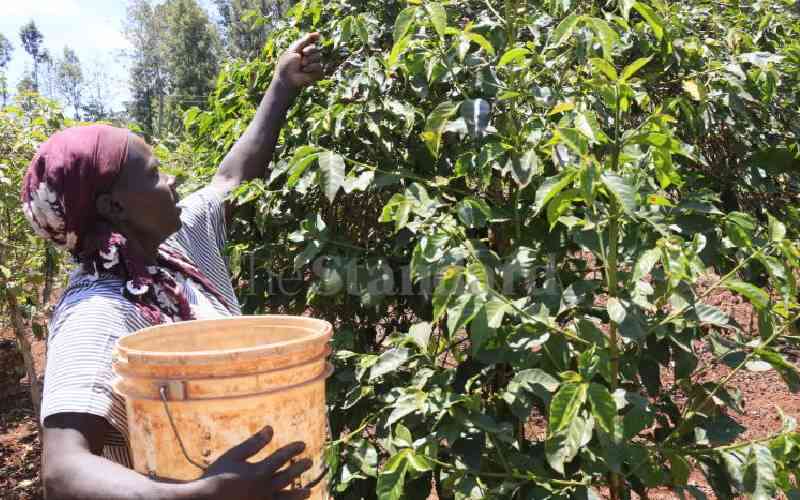×
The Standard e-Paper
Smart Minds Choose Us

As the government takes the battle to the cartels it accuses of choking the lucrative coffee sector, teams of detectives and State spies have been dispatched to a number of millers across the country.
The spies and the sleuths are part of a multi-agency team trying to unravel the mystery of the whereabouts of large amount of coffee at a time when the Nairobi Coffee Exchange has been starved of the commodity.